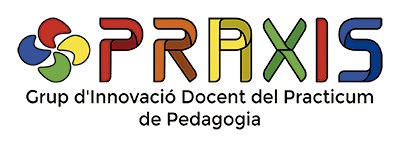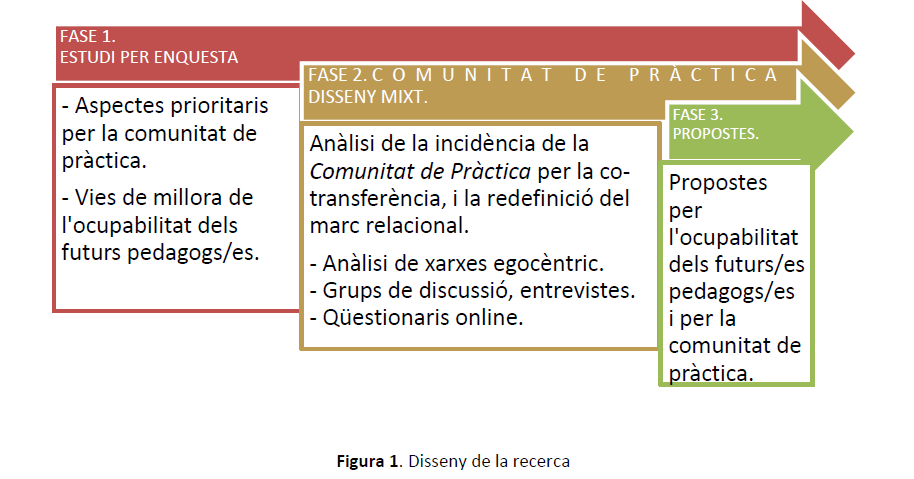An online community of practice to promote the co-transfer between internship organisations and the Prácticum of the Bachelor’s Degree in Education in the employability of future pedagogues
 https://www.ub.edu/gredi/wp-content/uploads/2020/01/ruth.jpg
400
400
Albert
https://www.ub.edu/gredi/wp-content/uploads/2019/07/logo-gredi-300x95.png
Albert2019-05-03 17:26:252022-07-04 12:31:28Ruth Vilà Baños
https://www.ub.edu/gredi/wp-content/uploads/2020/01/ruth.jpg
400
400
Albert
https://www.ub.edu/gredi/wp-content/uploads/2019/07/logo-gredi-300x95.png
Albert2019-05-03 17:26:252022-07-04 12:31:28Ruth Vilà Baños









